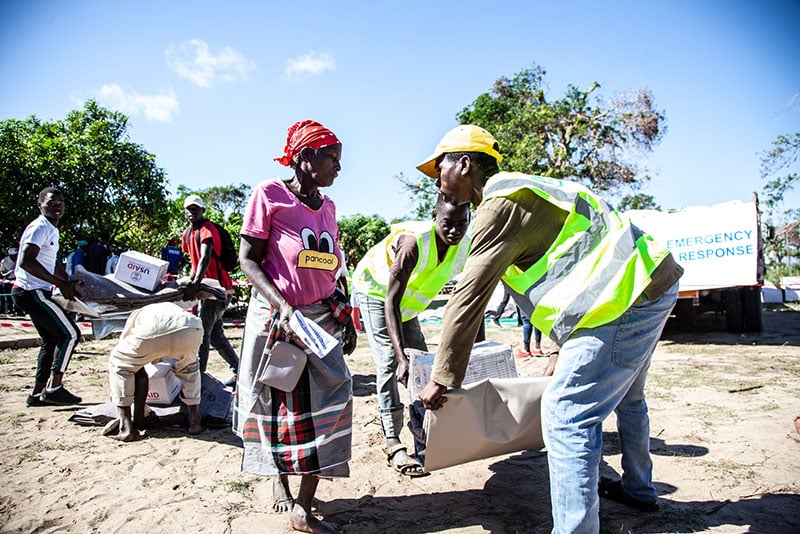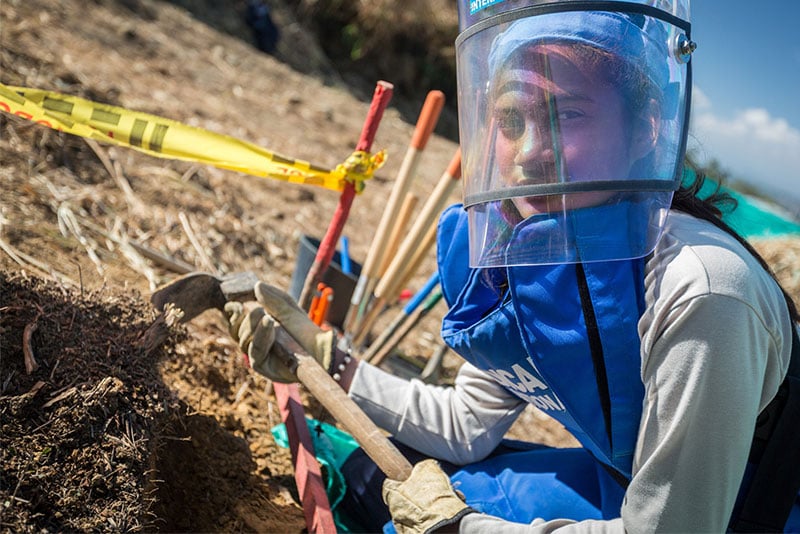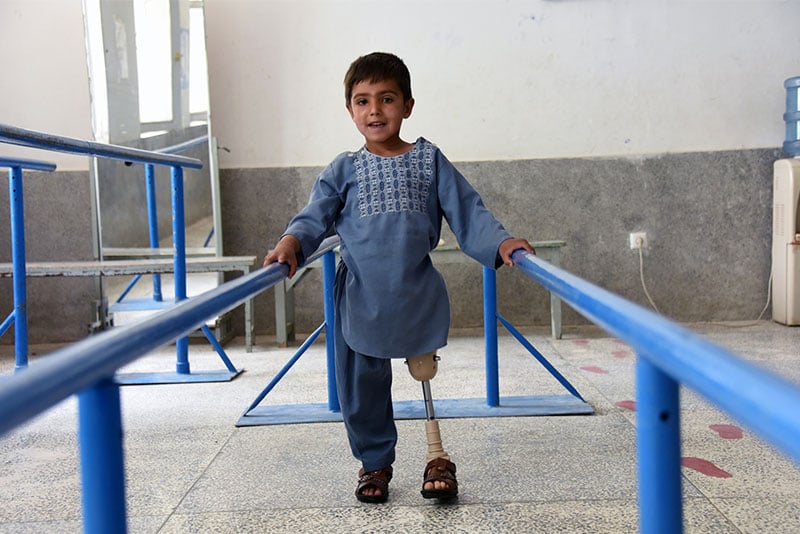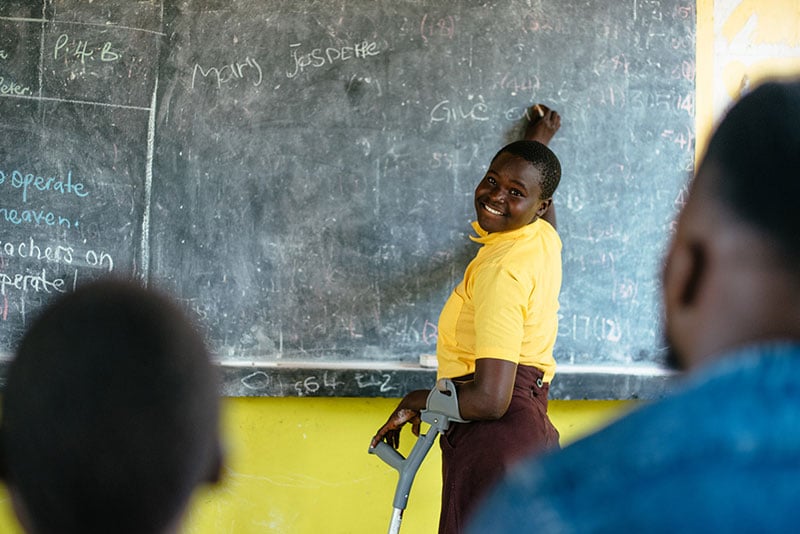Humanity & Inclusion (HI) works alongside people with disabilities and individuals living in situations of poverty and exclusion, conflict and disaster.
HOW YOU CAN HELP
Partner with us
OUR GLOBAL IMPACT
3
million
people directly supported in 2024
58
countries
480
projects




Co-winner of the Nobel Peace Prize 1997
for our work towards banning and clearing anti-personnel landmines
WHAT WE DO
Since HI was founded in 1982, we have supported tens of millions of people in over 60 countries. Our teams work tirelessly to support those most in need in humanitarian emergencies, chronic crises, and long-term development.
Emergencies
HI’s emergency teams take action on the ground to assist those most in need - particularly people with disabilities, those who've been injured, and displaced people. We work to ensure that no one is left behind in a humanitarian crisis.
Explosive weapons
HI has a comprehensive approach to mine action, working to protect civilians, support the victims of conflict, and campaign for change. We clear explosive remnants of war, educate communities about the risks, and help survivors back into society.
Rehabilitation
HI teams provide life-changing rehabilitation, prosthetic limbs, wheelchairs, and other aids to injured individuals and people with disabilities. We campaign for rehabilitation to be integrated into health systems worldwide.
Disability
HI works with people with disabilities, their families, communities, and a range of organizations to ensure that people with disabilities have opportunities and rights in education, employment, healthcare, and beyond.
Read more

Lyudmyla, has experienced 10 years of war
Lyudmyla, aged 63, fled her village on the front line after years of shelling, injury and loss.

Finding Hope Through Rehabilitation: Mohammed’s Journey in Cox’s Bazar
Fourteen-year-old Mohammed Alam is gaining independence in Bangladesh’s Kutupalong Camp thanks to rehabilitation and support from HI, giving his family new hope for his independence.

Displaced in Gaza, Basheer dreams of school
Basheer is 11 years old. His story shows what life is like for children with disabilities under bombardment. It also shows how NGOs, like HI, work to make their lives feel more normal.















